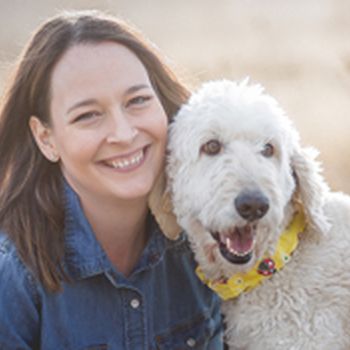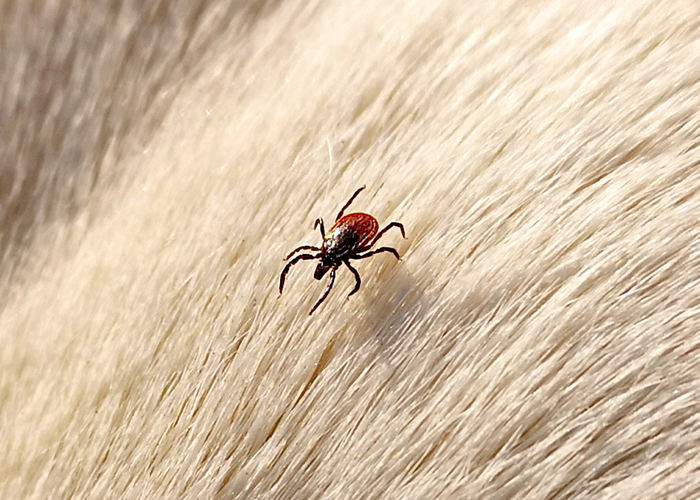

Coping Techniques for Challenging Situations: A Veterinarian's Guide
The stories are always heartbreaking; a pet owner unable to afford life-saving surgery for her puppy is forced to surrender the animal, resulting in significant backlash for the veterinary practice and its employees. Media misinformation only making things worse.
As veterinarians, we know that the financial strain of treatment can threaten to derail everything, leaving the pet owner distraught as we helplessly witness the tragedy unfold. The fact is relinquishment and economic euthanasia are extremely gray areas, causing confusion for pet owners and stress for veterinarians whose hands are often tied.
3 Coping Techniques for Veterinarians
Here are three tips and techniques to help veterinarians navigate the emotions and stress we experience when patients and their owners face a truly difficult choice.
1. Recognize That Pet Owners Are Often Reactive
Veterinarians often assist people in crisis, and people in crisis don't always see things logically or rationally. In fact, they can be downright nasty because they've been cognitively and emotionally hijacked by their midbrain (the amygdala), and they're in fight/flight/freeze mode. As veterinary professionals, we have been well-trained to recognize the signs of this in most animal species but not necessarily in humans. It doesn't excuse the behavior, but it can help explain it. If a client lashes out, it's more about them expressing their fear, guilt, shame, and sadness than it is about you. Knowing this may help you to extend radical compassion and understanding. When clients had meltdowns in front of me or engaged in blaming stories online, I often saw them as a young child who was petrified they were going to lose their best friend—and that changed everything for me.
2. Recognize Your "Check Engine Light" Signals
Moral distress and compassion fatigue are both psychological conditions that create mental and emotional anguish in veterinary professionals. Think of them as check engine lights that let you know when something within you is out of alignment and needs your attention. There are many ways to recognize and turn off your check engine light. The following are a few suggestions:
- Assess how you've been managing your personal needs and practicing self-care, then make adjustments as needed.
- Develop your sense of agency. Have an issue? Speak up!
- Recognize when you get wrapped up in gossip, venting, or complaining at the workplace and do not participate.
- Acknowledge the negativity of social media. Avoid veterinary discussion groups. They often create a maelstrom of vitriol.
- Notice when you feel stuck. Practice the art of non-attachment to outcomes.
- Stop victimizing yourself. Instead, ask empowering questions. Most people ask themselves, "Why is this happening to me?" Instead, try asking, "What good is here that I presently cannot see?" Then, see what happens to your perspective.
If you feel like you need further support, talk to your doctor or a trusted therapist.
3. Develop a Healthy Habit or Practice
Veterinary professionals are often caring people that may be empathetic to a fault. I would say some of us are chronic over-givers, and it shows. We have not been taught how to care for ourselves in the midst of this demanding profession, and the current numbers on occupational burnout and mental illness within the profession support this statement. Fortunately, we are now recognizing the need for better self-care. You are responsible for protecting and maintaining your mental wellness. Above all else, remember you are worth the effort you invest in yourself.
Consider developing a habit that allows you to shed the stress of the day before you go home to your family (fur family or otherwise). I have a good friend who is a criminal court judge. Unfortunately, she has seen all sorts of terrible things and heard many nasty comments said about her and directly to her. To manage this, she takes a walk during her lunch break and often walks home to process the day, so she is able to enjoy her time at home with family. She also exercises regularly and maintains a strong social network of people who help her maintain perspective. These habits remind her of her purpose—to help people, even the ones who are reactive, scared, or aggressive.
Here are some habits you might consider:
- Cultivate a mindfulness practice, such as meditation.
- Start and end the day with conscious gratitude.
- Create a "What went well" journal.
- Practice self-regulation with breathwork.
- Do not complain for 24 hours.
- Learn to reframe experiences that you previously viewed as negative.
What's one thing you could start implementing on a regular basis to help process trauma you experience at work? Commit to practicing that habit regularly so when you're confronted with negative situations at work, you already have a plan in place to safely process your thoughts and feelings.
Prioritizing Self-Care and Personal Well-Being as Veterinarians
We care deeply about our clients and their pets, so when they face some of life's most difficult choices, including euthanization or rehoming, we walk right alongside them and feel their pain as our own. The emotional exhaustion that goes hand in hand with our profession can be overwhelming, but we need to rely on coping techniques to care for ourselves just as much as we do pet owners. Only then can we face the impossible together.
Remember that resilience is cultivated through adversity. We all have a choice in how to respond to difficult circumstances. We get better, or we get bitter. Utilize your challenges to build a better version of yourself. That way, you can provide better care for your patients, their owners, and your veterinary team, as well as yourself.







